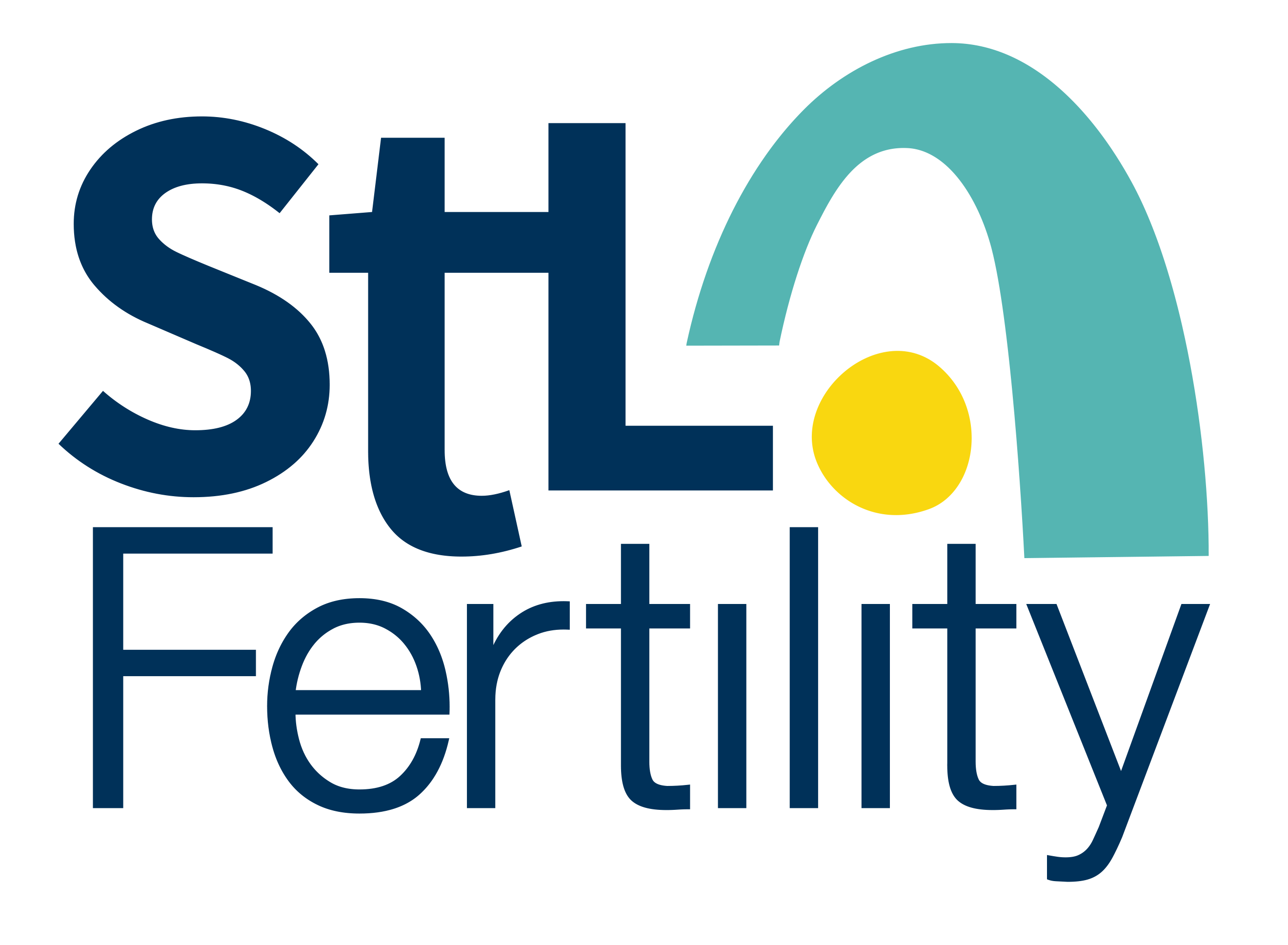Egg freezing is one of the most exciting advances in reproductive medicine. It is hailed as a ‘game-changer’ for women, where women can take charge of their fertility potential and decide when to have children. The underlying premise for egg freezing is that a woman’s eggs decrease in both quantity and quality over time. So, in general, an older woman, will have a harder time getting pregnant and delivering a baby than a younger woman. Egg freezing can serve as an insurance policy, so to speak, where women can freeze their eggs at a younger age and come back at an older age, when the chances of getting pregnant has significantly declined, and get pregnant.
So what do you need to know about it?
- Egg freezing is becoming more and more popular among women. Companies like Apple and Facebook announced egg freezing coverage in their employee health plans. Young women are inquiring into methods to preserve their fertility, now that relatively reliable methods are available. According to the Society of Assisted Reproductive Technology (SART), almost 5000 women froze their eggs in 2013; in 2018, it is estimated that more than 30,000 women will do so.
- The first egg to be frozen was in 1986 and a livebirth occurred later that same year. To date, it is estimated that more than 5,000 babies have been born from frozen eggs worldwide (according to SART, 99 babies were born in the United States from frozen eggs in 2013).
- The American Society of Reproductive Medicine (ASRM) removed the ‘experimental’ label from egg freezing in 2012. The Society found that pregnancy rates were similar between fresh (non-frozen) eggs and frozen (with a technique called “vitrification”) eggs.
- The process of undertaking egg freezing is similar to normal in vitro fertilization (IVF) in that the same daily hormone injections are used to develop follicles and a 15-20 minute egg harvesting procedure is performed. Eggs, once frozen, can be stored indefinitely. Much of the cost comes later when eggs are thawed, fertilized and then used in an IVF procedure (which can be done at our SIRM St. Louis fertility center).
- Not all eggs will result in babies. In past years, it took many thawed eggs to achieve fertilization and produce a pregnancy. With the current freezing technology, the efficiency has improved, and fewer eggs are needed to achieve a pregnancy and live birth. That being said, the younger a woman is, the better. For instance, if we do egg freezing for someone in her 20s, we can usually get a good number of eggs (perhaps 15 to 25) and 5-6 thawed eggs could be enough to result in one pregnancy, one baby. If someone is 40 years old, then only 8 to 10 eggs may be collected but she would likely need more thawed eggs in order to have one baby. Some eggs don’t survive the thawing process, some eggs won’t fertilize, and some won’t develop into good quality embryos. As a result, your fertility specialist may recommend multiple egg freezing cycles depending on the woman’s age, medical circumstances, and the number of eggs retrieved in a given cycle.
- Women can have their eggs frozen and stored on an elective basis or due to medical issues such as cancer where medical treatment (radiation, chemotherapy) may render a woman infertile.
Hardly a day goes by when I don’t meet a woman in her late thirties or early forties who wishes that she could have frozen their eggs at a younger age. But with improved technology and availability, it is now possible to do so with a reasonable expectation of pregnancy when the time comes to use the frozen eggs. Egg freezing isn’t perfect. But currently it’s the closest thing to potentially ensuring one’s fertility in the future.
Considering fertility preservation? Schedule your consultation with our top Missouri infertility specialists today. The entire SIRM St. Louis team is here to help you find the right treatment for your unique needs.
